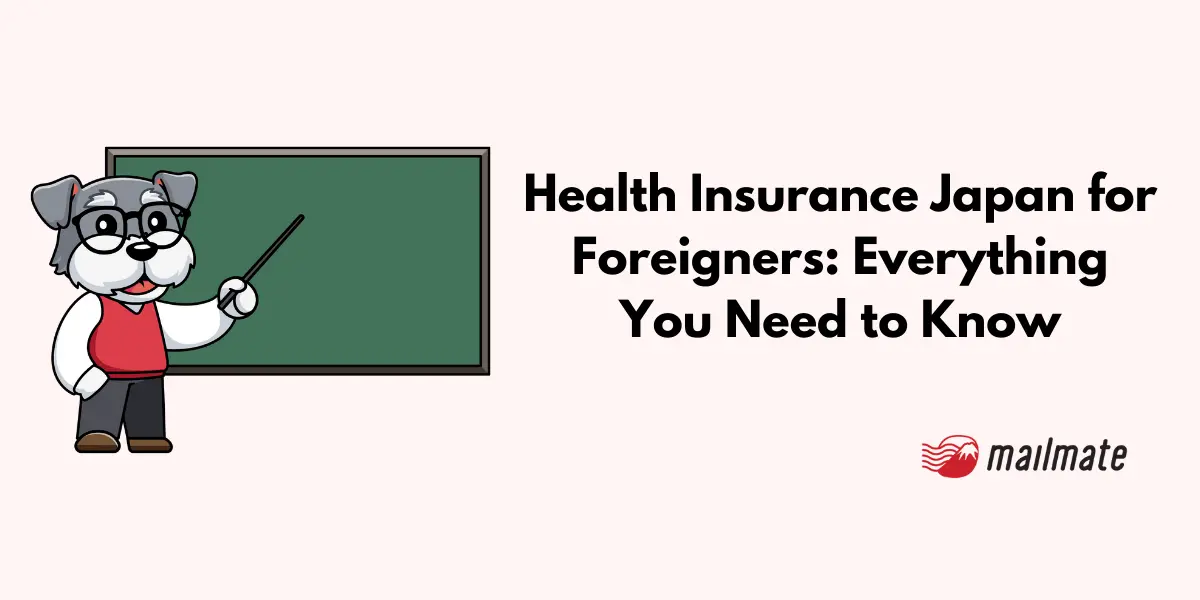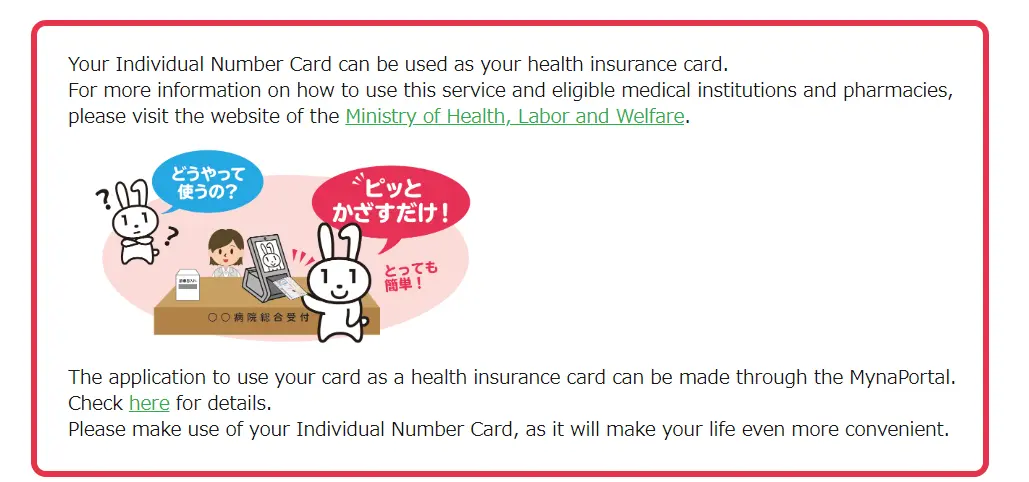

While Japan boasts a world-class healthcare system, navigating the health insurance system in Japan can be a challenge for foreigners.
In this article, we will explore the various health insurance options available to foreigners in Japan, including what they cover, how much they cost, and how to pay the insurance premiums.
Let’s get started.
Japan has a universal health insurance system that covers all residents, including foreigners. The system is divided into the National Health Insurance (NHI) program and the Employee Health Insurance (EHI) program.
NHI is for self-employed people and those who EHI does not cover, while EHI is for employees of companies with more than five employees.
Private health insurance options are available for those who prefer more comprehensive coverage. However, private insurance is not mandatory as NHI covers everything that can be categorized as a medical treatment.
Foreigners living in Japan for over three months must enroll in the National Health Insurance (NHI) program. The NHI covers medical treatment, hospitalization, and prescription drugs.
The monthly premium for NHI is based on income and age, usually around 10% of the insured person's income.
Foreigners who work for a Japanese company with more than five employees are eligible for the Employees' Health Insurance (EHI) program. The EHI covers the same medical expenses as the NHI, but the monthly premium is split between the employer and the employee.
Foreigners must have a residence card and have lived in Japan for more than three months to be eligible for the National Health Insurance (NHI). They must also not be eligible for the Employees' Health Insurance (EHI) or any other public health insurance program in Japan.
To be eligible for the Employees' Health Insurance (EHI), foreigners must be employed by a company with more than five employees and have a valid work visa. They must also not be eligible for the NHI or any other public health insurance program in Japan.
Stop struggling with your Japanese mail!Get all your Japanese mail handled and conbini bills paid with Japan's #1 bilingual virtual mail service. Starts from only $25/mo.✨
If you are interested in enrolling in Japan's National Health Insurance program, here's what to know:
Foreigners must provide certain documents to enroll in Japan's National Health Insurance (NHI) program. These include a residence card, a health insurance card, and a passport. For those who are employed, a certificate of employment is also required.
The enrollment process for NHI involves visiting the local municipal office and submitting the required documents. The office will then provide an application form to be filled out.
Once the form is completed, the applicant will receive a health insurance card. The card will typically arrive within two weeks of the application being submitted.
Alternatively, many municipalities in Japan now add health insurance information to an individual's My Number Card.

If you have enrolled in NHI or EHI, here's what to know about coverage.
The National Health Insurance (NHI) program covers various medical services, including hospital stays, surgeries, dental appointments, and prescription medication.
The NHI program is funded by the government and the individuals enrolled in the program, with the cost of premiums based on income.
The average monthly premium for medical insurance is approximately 9.93% of the individual's monthly taxable salary if they are between 20 through to 40 years old, and 11.58% if they are 40 through to 65 years old.
Under the NHI program, foreigners can receive medical treatment at any medical facility in Japan. However, some medical facilities may not have English-speaking staff, making communication difficult for non-Japanese speakers.

In addition to the NHI program, several other insurance options are available to foreigners living in Japan.
Private insurance is available but optional as the NHI program covers everything that can be categorized as medical treatment.
Some employers also offer employer-sponsored health insurance plans, which may provide additional coverage options beyond what is covered by the NHI program.
Foreigners living in Japan who plan to travel outside of Japan may also consider purchasing travel health insurance.
This type of insurance can provide coverage for medical treatment while abroad and emergency medical evacuation if necessary.
The cost of health insurance in Japan is based on an individual's income. The National Health Insurance (NHI) premium is calculated based on the previous year's income tax return.
The premium is usually paid monthly, and it is determined by multiplying the standard monthly premium rate by the individual's income. The standard monthly premium rate is adjusted annually.
For example, if an individual's income is 4 million yen per year, the monthly premium for NHI would be around 16,000 yen per month. However, this amount can vary depending on the individual's age, location, and other factors.
Private health insurance premiums are usually higher than NHI premiums and can vary depending on the type of coverage and the insurance company.
The National Health Insurance premium can be paid in a variety of ways, including at convenience stores, banks, or through automatic bank transfers.
It is important to note that the individual is responsible for paying the premium, and failure to pay can result in the suspension of coverage.
Need a bill payment service for Japan?Get all your Japanese mail handled, including bill payment, with Japan's #1 bilingual virtual mail service. Starts from only $25 a month.✨
Foreign students who plan to stay in Japan for over three months can enroll in the National Health Insurance program. They can apply for it at their local municipal office by presenting their residence card and a school enrollment certificate. The premium for National Health Insurance is based on the previous year's income, so students with low income may pay a lower premium.
Foreigners in Japan can choose between National Health Insurance and private health insurance. National Health Insurance is mandatory for all residents in Japan, including foreigners who plan to stay for more than three months. Private health insurance is optional but can provide additional coverage for medical expenses that National Health Insurance does not cover.
The National Health Insurance premium for foreigners living in Japan is based on their previous year's income.
The cost of health insurance for foreigners in Japan varies depending on their income and the type of insurance they choose. National Health Insurance premiums are based on income. Private health insurance premiums vary depending on the coverage and provider.
Tourists visiting Japan are not eligible for National Health Insurance. However, they can purchase travel insurance that covers medical expenses and emergency medical evacuation.
Foreigners who fail to pay their health insurance premiums in Japan may face penalties, such as suspension of coverage or fines. If they fail to pay, their coverage may be canceled, and they may be required to pay the total cost of medical treatment out of pocket.
In conclusion, obtaining health insurance in Japan is mandatory for all residents, including foreigners. The National Health Insurance system covers everything categorized as a medical treatment. Private insurance is also available but not mandatory.
The cost of health insurance in Japan varies across plans and policies. Generally, 70% of the costs associated with healthcare services are covered, and the remaining 30% is the patient's financial responsibility. However, paying less than 30% is possible, depending on one's financial circumstances.
About MailMate! 📬Get a Japanese address and phone number—for business or personal use—and all your Japanese mail handled (we’ll even pay your bills if you want). Starts from only $25/mo.✨